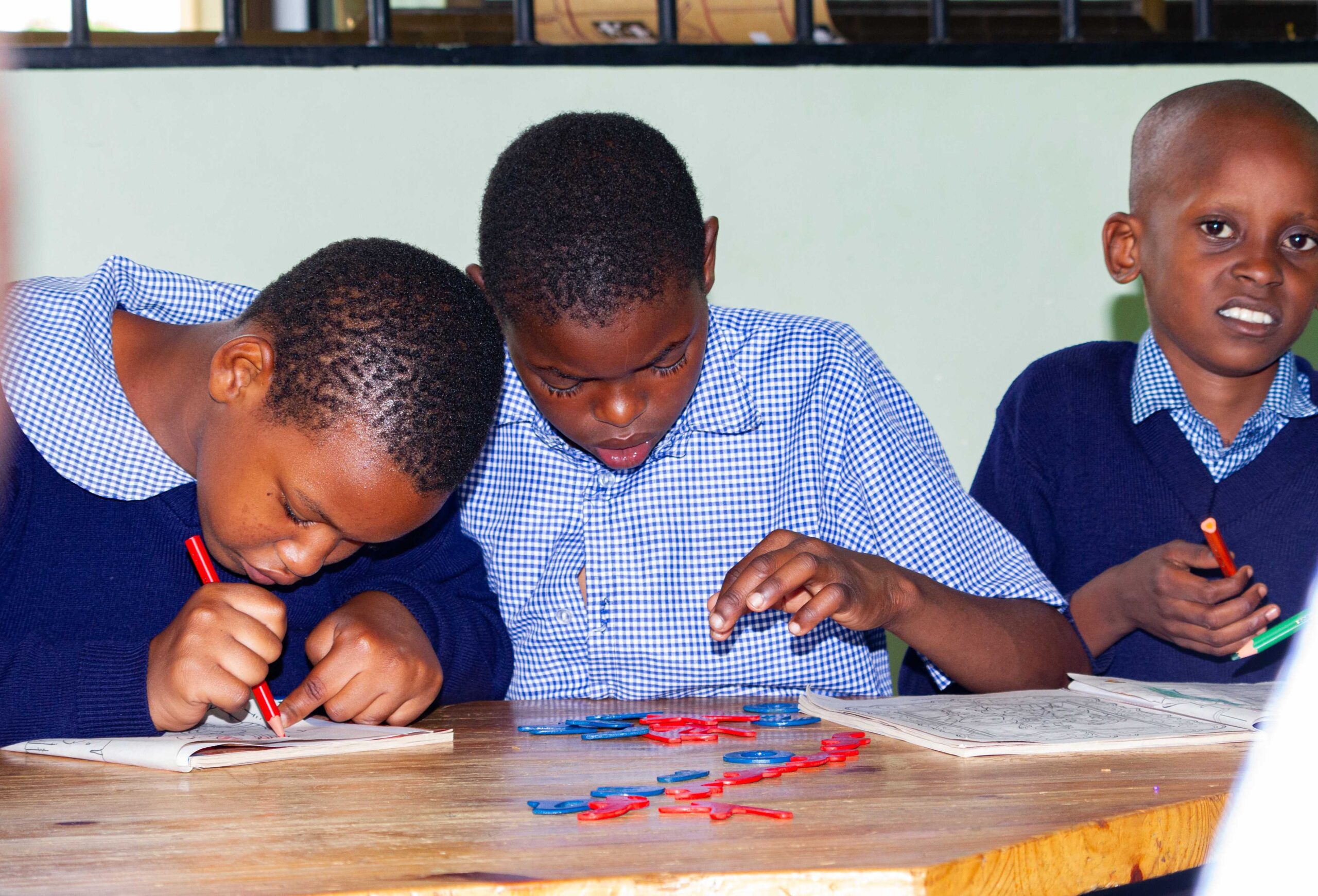Sensory Processing Disorder (SPD) is a term used to describe children who struggle to correctly perceive the sensory world around them. The sensory difficulties children with SPD experience may find it difficult to tie shoe laces, write, run and many other childhood activities.
Occupational therapists can assess the difficulties associated with SPD, determine how these are impacting upon the child’s ability to function at home, in school and socially. The occupational therapist would be able to provide effective treatment aimed at improving function.
Does your child have any of the following difficulties?
Sensory Processing Disorder can be present in many forms and can often result in behavioral issues as well as functional difficulties. It is common for children within the Autistic Spectrum to experience many complex sensory difficulties. Children with SPD may experience sensory difficulties relating to one or multiple senses. Some of the symptoms of SPD are listed below:
- Poor posture
- Difficulty controlling movements
- Poor handwriting
- Dislikes loud noises
- Difficulty making friends
- Difficulty dressing, eating, or sleeping
- Frequently throws tantrums or gets upset
- Easily distracted
- Fidgety
How can these difficulties impact function?
The difficulties associated with SPD can have a dramatic effect on a child’s ability to function and complete everyday tasks that many other children complete with ease. Everyday tasks refer to activities such as tying shoelaces, writing, engaging in sports, running, playing, and making friends.
Home:
- Trouble sleeping, eating, and getting dressed
- Difficulty getting ready in time for school
- Finds noisy environments overwhelming
School:
- Difficulty making friends
- Finds the noisy school environment difficult to deal with
- Finds uniformly unbearable to wear
Our occupational therapist can provide assessment and treatment at home or in school depending on your preference. The OT will work together with all involved to set collaborative goals and attempt to develop the sensory difficulties that your child may be experiencing.

